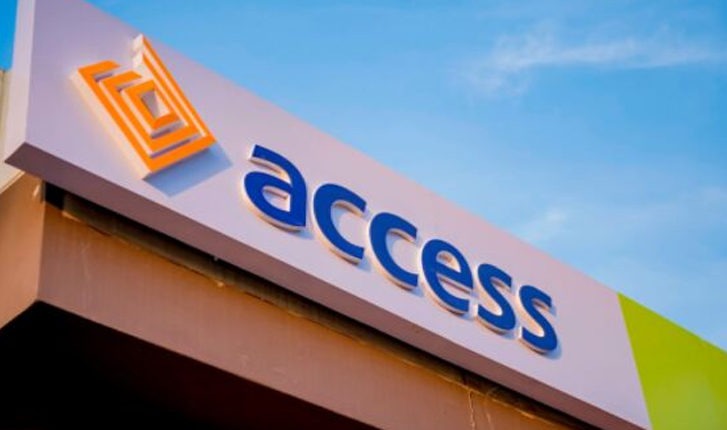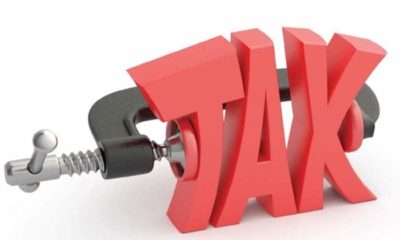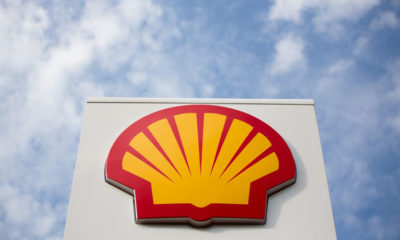In the first three months of 2024, some of Nigeria’s major manufacturers found themselves navigating treacherous waters as financial losses mounted amidst economic turbulence.
According to data compiled by BusinessDay, rising interest rates and a further devaluation of the naira contributed to the woes of these industrial giants.
The latest financial reports from 13 listed consumer goods firms paint a grim picture, with seven of them collectively recording a staggering loss of N388.6 billion in Q1.
Names such as International Breweries Plc, Cadbury Nigeria Plc, and Nigerian Breweries Plc were among those that bore the brunt of the downturn.
On the flip side, a few companies managed to buck the trend. BUA Foods Plc, Unilever Nigeria Plc, and Dangote Cement Plc reported a combined profit of N171.9 billion, showcasing resilience amidst the challenging economic landscape.
While the overall revenue of these manufacturers saw an impressive 79 percent increase to N2.27 trillion, it was overshadowed by soaring financing costs.
In Q1 alone, finance costs skyrocketed to N616.5 billion from N65.8 billion in the same period in 2023.
Analysts attribute these mounting losses to the confluence of factors, including the devaluation of the naira and escalating interest rates. With the naira experiencing nearly a 30 percent devaluation this year alone, coupled with a 40 percent devaluation last June, companies faced intensified pressure on their margins.
Moreover, the Central Bank of Nigeria’s decision to raise the monetary policy rate to 24.75 percent in March further exacerbated the situation.
This marked the second consecutive increase, following a 400 basis points hike in February, aimed at curbing inflation.
The adverse effects of these economic headwinds were felt across various sectors. Nestle reported the highest finance cost of N218.8 billion, followed closely by Dangote Cement and Dangote Sugar Refinery.
Commenting on the challenging business environment, Uaboi Agbebaku, the company secretary at Nigerian Breweries, highlighted how increased interest rates and FX volatility led to a staggering 391 percent rise in net losses compared to the same quarter in 2023.
Looking ahead, manufacturers remain cautiously optimistic but vigilant. Thabo Mabe, managing director at NASCON, emphasized the importance of navigating the turbulent waters while executing robust strategies to ensure sustained growth.
As Nigeria grapples with economic uncertainties, the resilience of its manufacturing sector will play a pivotal role in shaping the nation’s economic trajectory.
However, concerted efforts from both the public and private sectors will be needed to steer the industry towards stability and growth.


 Naira4 weeks ago
Naira4 weeks ago


 Naira4 weeks ago
Naira4 weeks ago


 Naira3 weeks ago
Naira3 weeks ago


 News4 weeks ago
News4 weeks ago
 Travel4 weeks ago
Travel4 weeks ago




 Naira4 weeks ago
Naira4 weeks ago


 Jobs3 weeks ago
Jobs3 weeks ago
 Naira3 weeks ago
Naira3 weeks ago



















